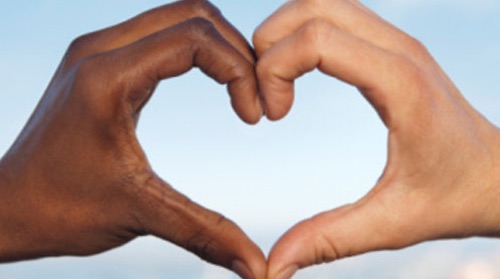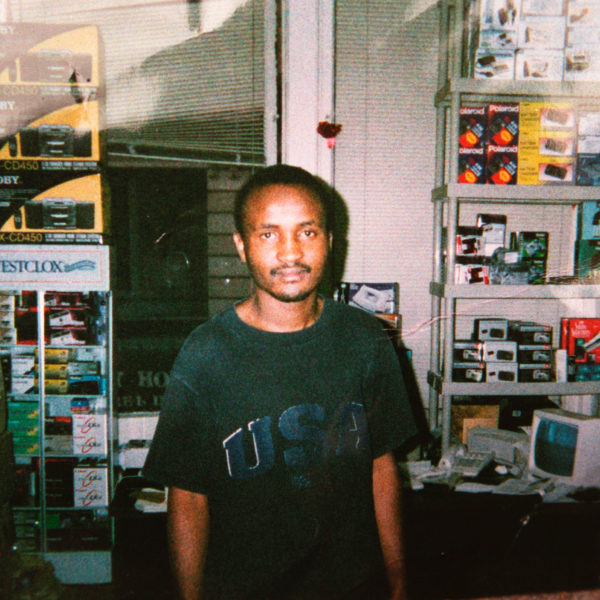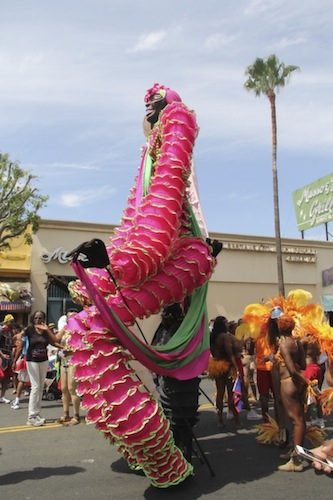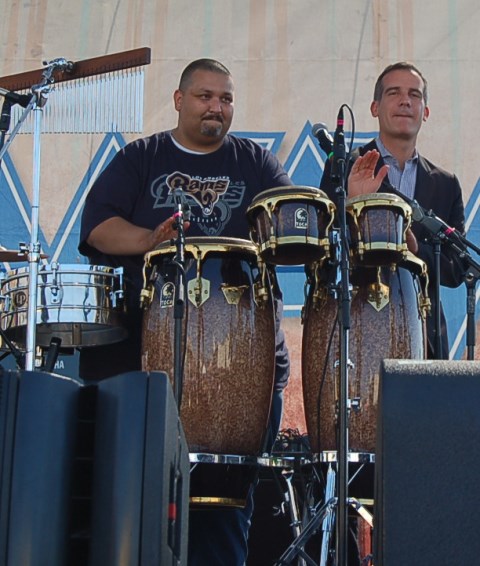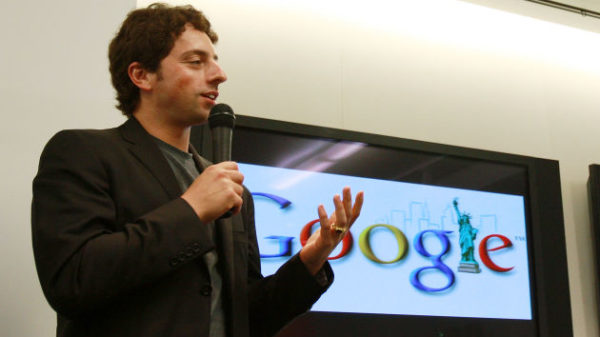Five years ago, I met and fell in love with a man for whom it seemed everything did come easily. He possessed the classic leading man features: 6’ 4”, blonde hair, blue eyes, and was unyieldingly masculine.
“Hubbell” (as we’ll call him in this article) was truly the all-American male, and the perfect contrast to my frizzy hair, brown skin, and emotional androgyny.
We became fast friends and eventually lovers. And even though there were obvious differences, these only served to sharpen our mutual fascination with one another.
For example, his casual approach to life and the attention that followed him always enthralled me. I was more accustomed to having to fight for recognition and respect. It felt as if I, the lifelong underdog, had actually scored the golden boy.
But as time wore on it became clear that what I thought was attraction based on an appreciation of our differences was actually the bedrock for my own feelings of inadequacy.
Those differences fed into opposing views that made our relationship both exhilarating and problematic. Our arguments became less about principle and more about self-assertion. His was a need to feel superior and mine was a need to feel understood.
Our disputes were particularly damaging when the subject of racism in America cropped up.
During our on off relationship my doubts had already crept in over his views on issues like poverty, the minimum wage or rape culture. I’d routinely wonder to myself, “What is this guy thinking?” Some of the real head-shakers were his assertions that poverty stems from laziness and choice, or that rape victims should be held just as responsible as their perpetrators.
Our conversation suffered, but I still held on to the belief that his narrow viewpoints didn’t actually involve me. That changed when I innocently opened up discussion on racial inequality.
During a fervent discussion about racial inequality, he asserted, “We’re all granted the same opportunities…” outlining his reasoning with total conviction.
When I pressed him to justify his claims in the wake of the deaths of Sandra Bland and Michael Brown, he quipped, “All of it could have been avoided if they weren’t breaking the law in the first place.” He then cluelessly issued forth a racial slur; claiming, “Sometimes you gotta’ call a spade a spade.”
I was beginning to learn what it’s like to love someone who’s racially insensitive.
To be fair, he did say the punishment did not fit the supposed crime, but he couldn’t elaborate on what these people’s crimes actually were.
I have learned that there’s a point we reach when we’re faced with the most unbecoming and intimate truths about our friends and loved ones. At that point we decide to accept these truths or abandon the relationship. With “Hubbell,” I realized I could not love or feel safe with someone so seemingly unsympathetic.
After so many topics becoming taboo in our relationship, this one overwhelmed me the most. All of my insecurities and my negative feelings about race had been affirmed in this relationship. When I finally reproached him he was firm in his belief that while racial strife in America is real, it’s often overhyped and that I was socially irresponsible for buying into it. What’s worse, there was an essential unwillingness on his part to even acknowledge that I could be right.
Looking back, the experience made me wonder whether we as a society use the kinds of arguments that Hubbell voiced as an emotional fail safe. To say the victims of police violence and racism are complicit in their abuse lessens the severity of it and allows us to see the problem without confronting it. Because actually confronting it is vastly overwhelming.
Hubbell’s words echoed many who regard the Black Lives Matter movement as problematic, the Tim Wolfe’s in the world who believe black people chose to feel oppressed, and those who genuinely believe we’re living in a post racial society. Recognizing the gulf between us made me want to retreat from the world.
“In a way he was like the country he lived in, everything came too easily to him; except he knew it.”
The quote comes from the classic 1973 drama, The Way We Were. The film centers on a romance between Hubbell Gardner, (Robert Redford), and Katie Morosky, (Barbra Streisand). She’s a radically political Jew and he’s the knowingly carefree WASP. They’re madly in love but their basic differences drive them apart.
Unlike Hubbell Gardner, my golden boy wasn’t aware of his privilege. A privilege that affords him the luxury of not needing to acknowledge the consequences of race, of not being called an agitator for protesting or displaying any level of social outrage. Or the sublime privilege of ignorance, to not feel compelled to understand or investigate the struggles of a racial minority group.
In many ways I still love him, just not his privilege.

